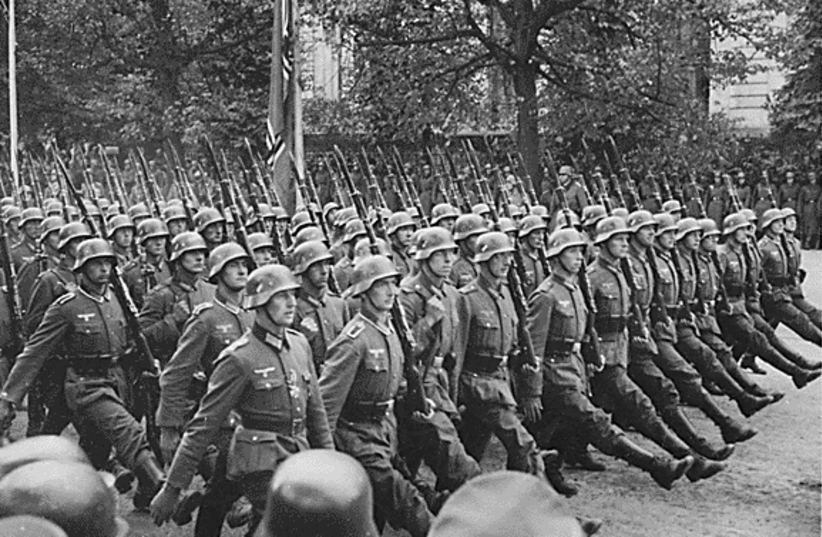The Polish Foreign Ministry fired its envoy to Jewish communities after he called Poland’s law penalizing those who attribute responsibility for the Holocaust to Poland stupid.
Jarosław Marek Nowak’s dismissal was announced in a laconic tweet from Polish Foreign Ministry spokesman Łukasz Jasina on Monday, without giving any reason.
Polish Foreign Minister Zbigniew Rau appointed Nowak plenipotentiary for contacts with the Jewish Diaspora in June.
On Friday, the UK’s Jewish News published an interview with Nowak in which he said, “The amendments to the [Holocaust Remembrance Institute Law] regarding the research of the historians, is one of the stupidest amendments that were ever done by any law.”
The 2018 law allows for lawsuits against anyone who says Poland or the Polish people were responsible for the Holocaust. Historians like Jan Grabowski and Barbara Engelking, who wrote about Poles who collaborated with the Nazis, have been sued since the law passed.

Nowak said, “There is absolutely no role for judges or anybody else in this process. I mean, you cannot really effectively discuss a book publishing theories or research if you have not done your own research.”
The envoy also said Poland will eventually have to provide restitution for Jews whose property was confiscated during the Holocaust – months after Poland passed a law effectively making that no longer possible.
“I think at some point Poland will have to really come to the conclusion that we have to do something about it,” Nowak stated.
“Definitely, this is something that is critical, let’s say, in the perception of Poland abroad,” he added. “I cannot stress enough how important it is. But I don’t think it’s going to happen in the next two years before the next elections.”
Nowak said there are discussions being held about symbolic compensation, as some of Poland’s neighbors have done.
“From a perspective of someone who lives in the United States or Great Britain, it seems to be quite obvious. I mean, just return the property,” Nowak said. “From the perspective of the average Polish citizen, it’s not so obvious.”
The reason for that reticence, Nowak said, was that Poles see themselves as victims of Nazi and Soviet occupation.
